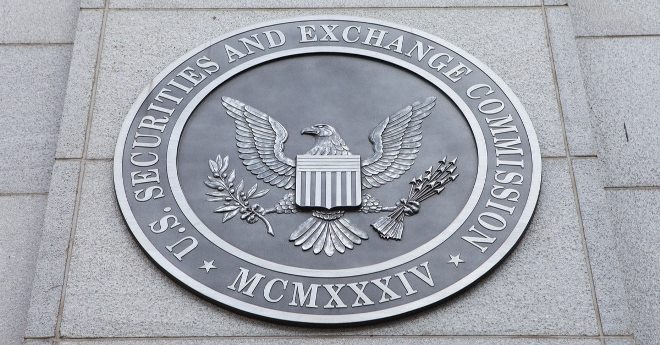
The Securities and Exchange Commission (SEC) of the US is tightening the noose around initial exchange offerings (ICOs). In yet another step against them, the Commission has brought charges against one more allegedly fraudulent ICO of unregistered digital asset securities.
The SEC Is Getting Serious About ICOs
The SEC has pressed charges against defendants Sergii “Sergey” Grybniak and Opporty International, Inc. Per the complaint, the defendants Opporty and its sole owner, Grybniak, conducted a fraudulent, as well as unregistered initial coin offering of digital asset securities.
The tokens were called OPP Tokens and Grybniak managed to raise approximately $600,000 from around 200 investors who were located in the US and abroad.
As per the previous rulings of the SEC, a lot of the ICOs have been selling tokens which resembled securities. As such, they have to abide by the existing regulations when targeting US-based investors. In other words, ICOs have to be registered as securities offerings in order to deliver the necessary protections for those who get in. Failing to do so results in breaking the law and consequent charges.
Moreover, however, the SEC also alleges that Grybniak and Opporty made numerous false, as well as misleading statements to their investors. They had been exaggerating the number of actual and potential users for its business platform. They also claimed that the ICO had been regulated, registered, and compliant by SEC regulations.
ICOs Getting Axed, IEOs Under The Radar
The SEC is undoubtedly strengthening its stance on the matter of ICOs. Last year, the Commission slammed a $24 million fine on Block.one – the publisher of EOS. This was the largest initial coin offering in the industry, as it managed to raise upwards of $4 billion in less than a year.
Almost immediately after that, the SEC also halted the token sale of the popular messaging app, Telegram. The reason for that was, again, that TON’s sale wasn’t registered and it failed to comply with existing regulations.
And if ICOs weren’t enough for the Commission, it has also turned its sights to initial exchange offerings (IEOs). They came to light in early 2019 and, similarly to ICOs, they also sell tokens to investors. The difference, however, stems from the fact that these sales, unlike initial coin offerings, are conducted on exchanges which, in turn, vouch for and research the projects in advance.
Nevertheless, the SEC has warned investors that IEOs also present a lot of risks and that some of them might also be classified as securities offerings. As such, they might also get under the regulator’s purview.
The post appeared first on CryptoPotato






